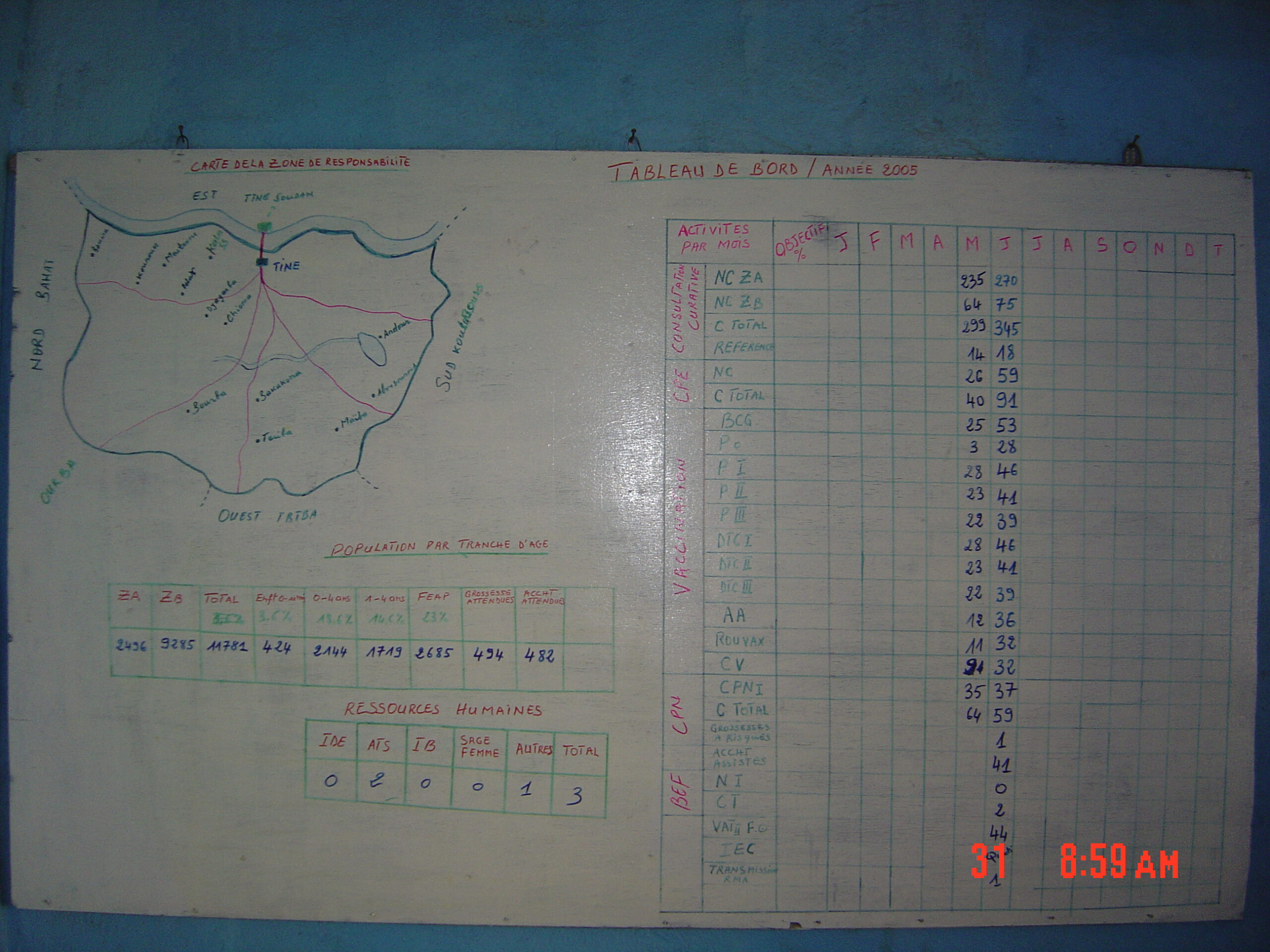As the 2019 Corona Virus Disease ravages the most developed economies of the world, Africans wait for its inevitable arrival on their shores. The prospect of an extremely virulent and deadly respiratory disease like COVID getting loose on the continent causes a great deal of trepidation. Africa has some of the poorest and least developed health infrastructure on the planet. In parts, its societies are ravaged by malaria, polluted environments, war, and poverty stricken cities with some of the highest population densities in the world. Africa lags behind the rest of the globe in nearly every measurable medical statistic. If and when COVID takes hold there, it seems inevitable it will quickly overwhelm health services and attack an unprotected population as it is doing in Bergamo, New York, and Madrid. COVID may seem like a dark cloud hanging over all of us but perhaps it is just a bit darker over Africa.
The reality is, COVID has already arrived on African soil. As of 2 April there were over 6200 confirmed cases in 51 African countries. Though the vast majority are in just three nations: South Africa, Algeria, and Egypt; distribution across the continent is spreading quickly. Hundreds of cases in Africa’s poorest and least stable countries are perhaps cause for even greater concern. In one example of what could lie ahead, 8.9 percent of the total cases in the Democratic Republic of Congo have already died of the disease.
The State of Africa
Africa holds a precarious position when it comes to health infrastructure that matters in the fight against COVID. Last in almost every measure, only three of Africa’s 54 nations (Mauritius, Libya, and Tunisia) have more than one doctor per 1000 citizens. Only twelve have more than one hospital bed per 1000 citizens and none of those are the densely populated countries around the continent’s periphery. By comparison, Italy, scene of one of the world’s worst COVID outbreaks, has 3.4 hospital beds per 1000. The numbers do not favor the sick.
Diseases like COVID spread faster in areas of high population density and Africa’s urban population tends to be very densely packed. Cities in the Sahel and West Africa have around 5000 residents per square kilometer. The large cities on the Mediterranean averaging about 8000. Cairo, Kinshasa, Mogadishu, and Asmara top the list with 15,000-25,000 people per square kilometer. (By contrast, Washington DC has only about 4000 per square kilometer.)
Though sparse population will slow the disease’s progression in the vast rural parts of Africa, those are precisely the areas with the least access to modern sanitation and health care. A 2012 study by the World Health Organization found 17.9% of respondents in all the sites surveyed, depended on traditional healers for their primary health care. Worse, some of these areas feature migratory populations that could continue to spread COVID for years.

Corona Virus Cloud
In more developed parts of the world, governments have the capacity to significantly impact the spread of COVID. Aside from health measures that directly prevent spread of the virus, such as issuing personal protective equipment for health workers, and organizing vast testing regimes, strong states can also enforce effective social distancing measures. Most African states however are not so capable and in some cases lack credibility with their own constituents. Most African governments are not even trying at this point.
In an effort to quantify and compare government responses to the pandemic, the Blavatnik School at Oxford University developed a system to combine 11 indicators into a common “stringency index.” As of 31 March, only seven African nations even registered on the index and of those, only two (Rwanda and Zimbabwe) had more stringent responses than the United States whose response is on the low end of the scale.
It is clear a disaster looms in Africa in the coming weeks. The situation leaves little reason to believe African cities will be spared the dramas we see in Bergamo, Guayaquil, and Madrid, but with far less ability to deal effectively with the results. In rural areas the disease may progress more slowly with a significantly flattened curve but with almost no modern health infrastructure in place in some areas, there is little chance the disease will even be tracked let alone treated. With so many countries around the world overwhelmed by the pandemic, hoping for international aid seems forlorn. Africa will be on its own.
On a continent that remembers the responses to Ebola and Middle East Respiratory Syndrome (MERS), COVID hangs like a dark cloud on the horizon. Perhaps the only ray of light is that Africa’s cities, as unprepared as they are, may actually arrive at an equilibrium with the disease — sometimes called “herd immunity” — far sooner than European and American cities will. Reaching that point however will incur a cost in lives and pain that few can foresee and none deserve.

Lino Miani is a retired US Army Special Forces officer, author of The Sulu Arms Market, and CEO of Navisio Global LLC.


Many thanks to you